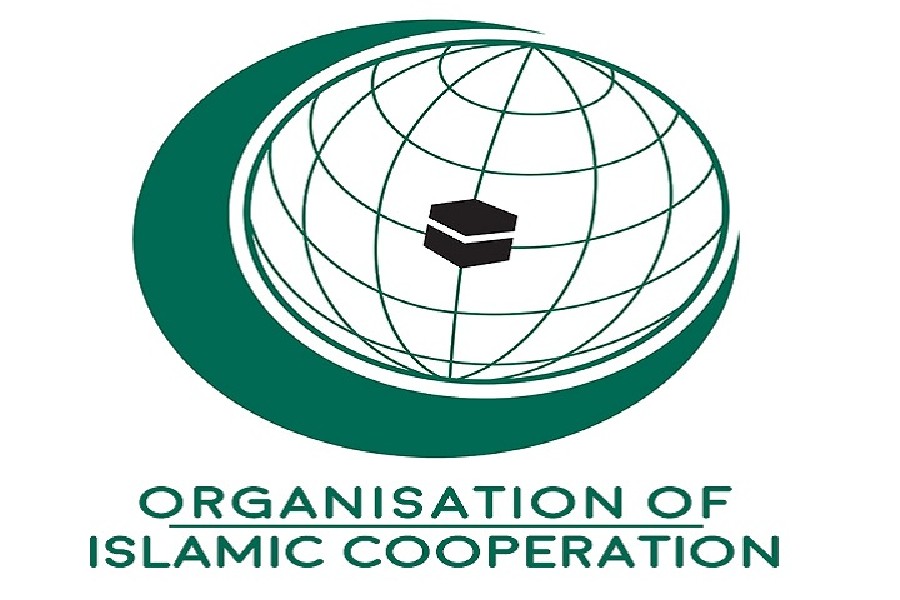 |
The state of Bavaria in Germany has decided to reprint Mein Kampf for the first time since 1945, “even at the risk of it becoming a bestseller”, according to news reports. Its decision to re-publish the book under State license seems to have been hastened by the concern that private publishers may produce reprints after the copyright expires in 2015. There is also the fear of extremists publishing glorified versions. So the State-appointed publishers have cautiously added annotations countering the infamous author’s arguments in the official version.
Rafael Seligmann, editor of the Jewish Voice From Germany, a newspaper published in Berlin, thinks that there is a great chance of the book becoming a bestseller in the first week of its official release, which is why the Bavarian foundation, which manages the memorials of Adolf Hitler, had previously suppressed its publication. But now it has apparently dawned on the authorities that reprinting Hitler’s notorious manifesto will help in “demystifying” it. “Of course, when a 13-year-old has his first cigarettes he will love the taste because they [are] forbidden. But then, after a while, it will not get much attention,” Seligmann explains.
The renewed debates and fears around the re-publication of Mein Kampf, especially the comparison of its anticipated success with a teenager tasting cigarettes for the first time, points to the fact that it is considered taboo by the Bavarian authorities and by many others. The authorities intend to break this taboo by making the book freely available. But Mein Kampf was always available in second-hand bookstores and on the internet, even after its commercial publication was stopped. Those who wished to read it could have easily done so. Why is there so much concern about the book being officially released, especially when Hitler’s regime is now very much a chapter of history? One could call it a knee-jerk reaction, but is that all there is to it?
Mein Kampf has always been popular. About 10 million copies of the book were in circulation before World War II. After the war, the book was taken off the press, and even its display was prohibited, since it contains the roots of Hitler’s political hate campaign against the Jews and the communists. This hatred follows a forceful logic — the argument for preserving racial purity. This argument, and the related sentiments, even when reigned in by political correctness, is a virulent strain that runs through most of the major societies of the world, even today.
Racism is not only a crime but also a strong taboo in the West. But if one were to dissect it and investigate its anatomy, one may discover that racism, as a phenomenon, is deeply relative and hardly specific to a region or a particular period of history. If discrimination against an Asian man in the West is racist, and therefore to be condemned, a similar discrimination that this particular Asian man may have been practising in his home country in the name of caste or religion is no less racist, and condemnable. Condemnation, obviously, follows the logic of political convenience.
It cannot be denied that purity — as the guiding principle behind racial discrimination — is a delusion that has afflicted society ever since its formation. And that purity, as social aspiration and as a tool of oppression, is very much alive today, not only in the West but also in our homeland. The oppression induced by the need to preserve purity is often unnervingly violent. If the Nazi concentration camps and the mass killing in Norway by Anders Behring Breivik are examples, the Godhra riots or the murders of young couples by khap panchayats are other examples.
Is Mein Kampf likely to be discarded as taboo? Or are the fears that its reprinting and popularity may render a sort of ‘legitimacy’ to Hitler’s principles somewhat real? Does the guiding philosophy behind Hitler’s book still yield the power to influence mass opinion? Either way, the decision to reprint Mein Kampf is wise. Witholding the book could only have caused repression. When Mein Kampf does come out of its mythical cage, it will help not just Germans but also other peoples to face their demons.










